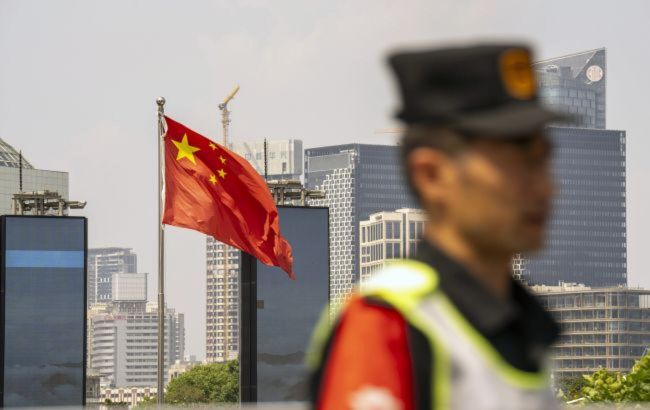China accuses foreign intelligence agencies of stealing rare earth metals
 Photo: China concerned over illegal smuggling of rare earth metals and magnets (Getty Images)
Photo: China concerned over illegal smuggling of rare earth metals and magnets (Getty Images)
China’s Ministry of State Security has accused foreign intelligence agencies of illegally smuggling rare earth metals out of the country through fraudulent means, according to Bloomberg.
China’s Ministry of State Security has accused foreign intelligence agencies of organizing the illegal export of rare earth metals, resources Beijing considers a strategic asset and has previously used as leverage in trade talks with the United States.
Without naming specific countries, the ministry said in a statement that in recent years, foreign spy and intelligence services and their agents had attempted to collude with disloyal individuals within China, inciting them to smuggle rare earth materials via postal shipments.
Such activities, according to the ministry, pose a serious threat to China’s national security.
The agency also reported that it had thwarted an attempt by an unnamed country to illicitly acquire rare earth elements for stockpiling purposes. A contractor involved in the scheme was said to have mislabeled packages as “not made in China” and deliberately falsified information about the content and composition of the goods.
The ministry further described other smuggling methods, including hiding rare earth powders in ceramic tile ingredients or disguising them in water bottles labeled as "mechanical parts" intended for export.
In its statement, the Ministry of State Security urged Chinese citizens to report any suspicious activity related to rare earth resources.
China has long used its dominance in rare earth metal and magnet production as a tool in its trade disputes with the US. American companies rely heavily on these materials for manufacturing a wide range of products, including electric vehicles.
For instance, Ford Motor Co. was recently forced to scale back operations at one of its plants due to Beijing’s tightening of export controls. These restrictions have also strained China’s trade relations with the European Union, which remains highly dependent on Chinese exports.
Recent signs of de-escalation have increased the likelihood of a broader agreement and a possible meeting between Presidents Donald Trump and Xi Jinping later this year.
China's rare earth exports
After a brief trade war, China and the United States resumed negotiations for a new trade deal earlier this spring. However, despite initial progress, Beijing in April suspended exports of a wide range of critical minerals and magnets, disrupting global supply chains for automakers, chip manufacturers, and the defense sector.
In early June, Chinese President Xi Jinping approved the resumption of rare earth and magnet exports to the US. In return, Washington agreed to lift restrictions on certain technologies, including advanced artificial intelligence chips.
The new trade deal was signed on June 25. Among its provisions: the restoration of Chinese rare earth exports to the US and the removal of the US ban on exporting advanced AI chips to China.

